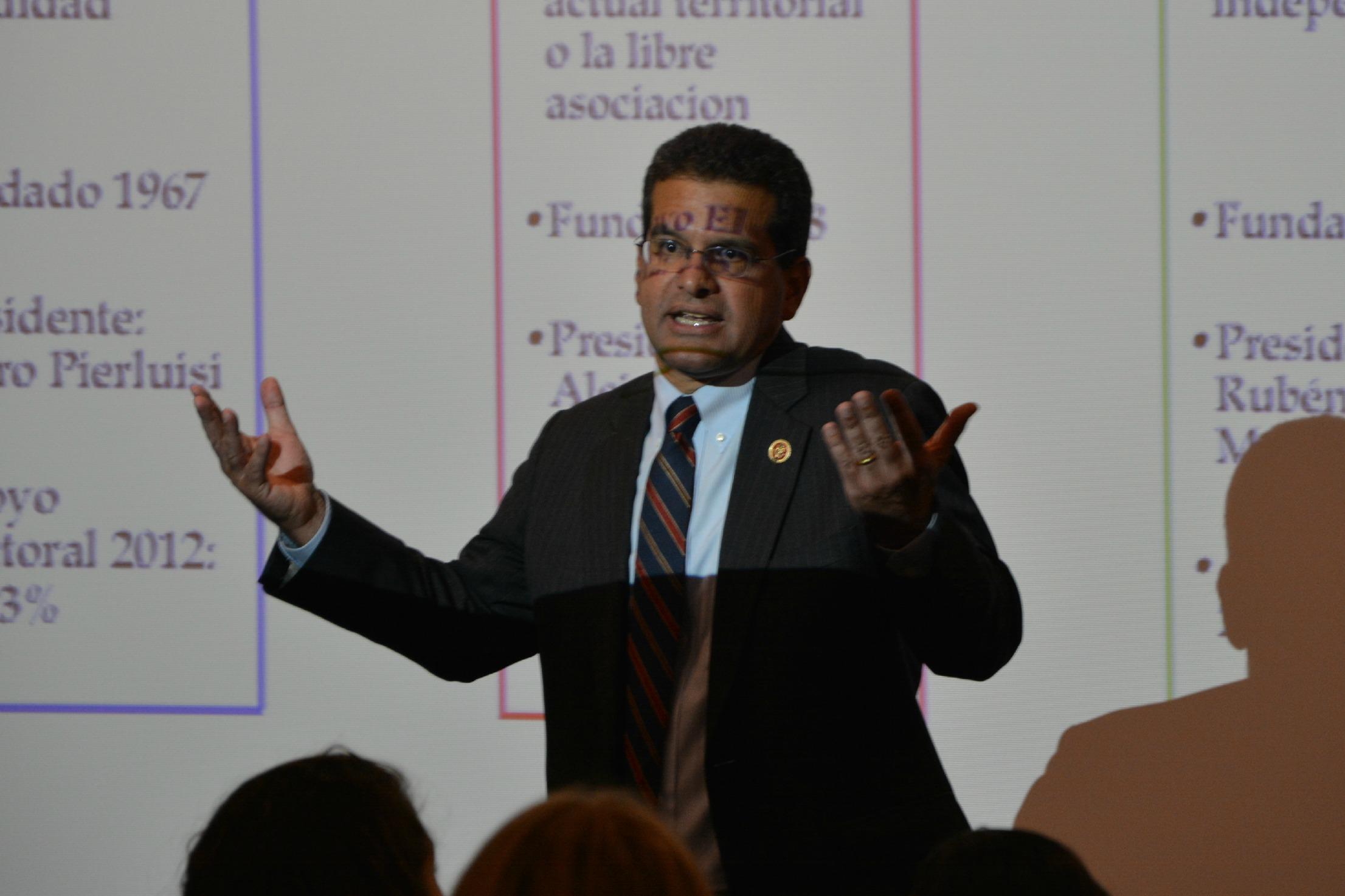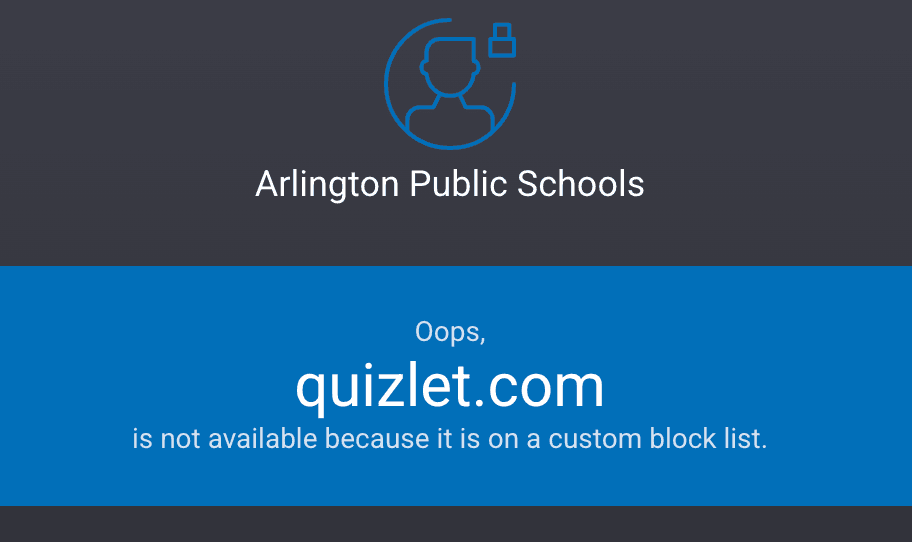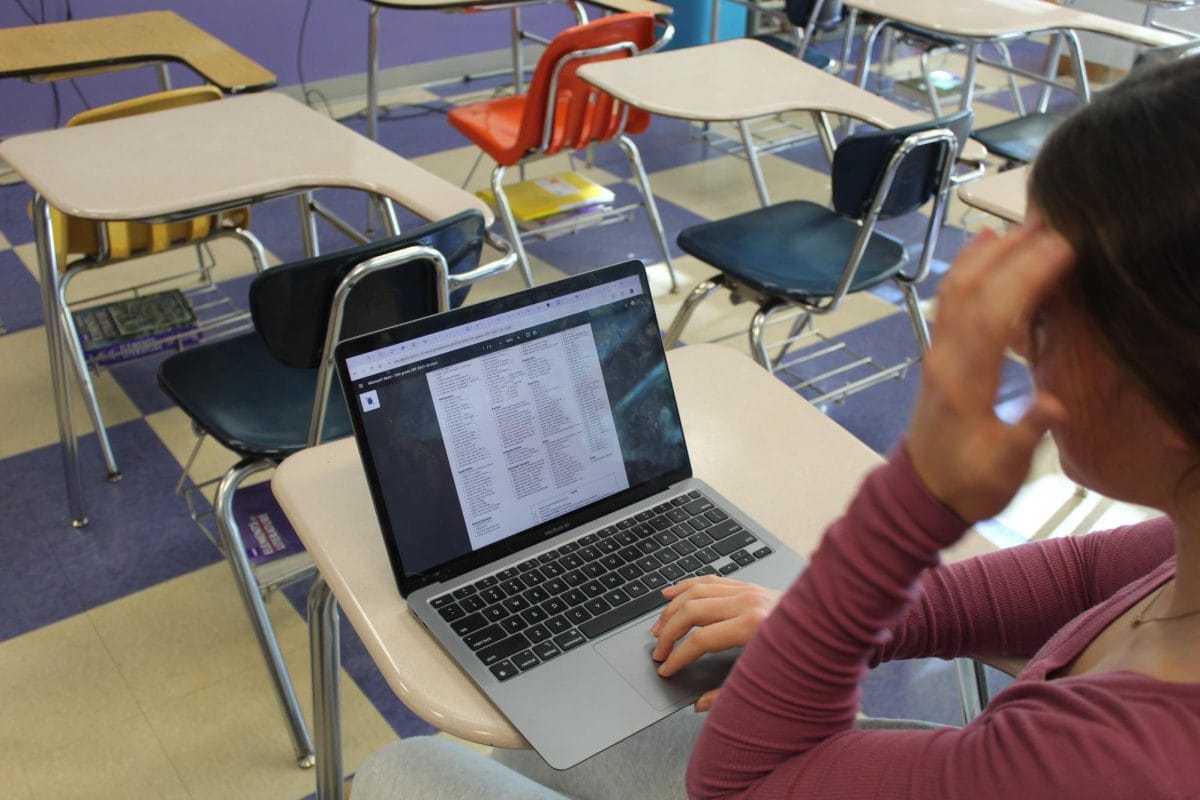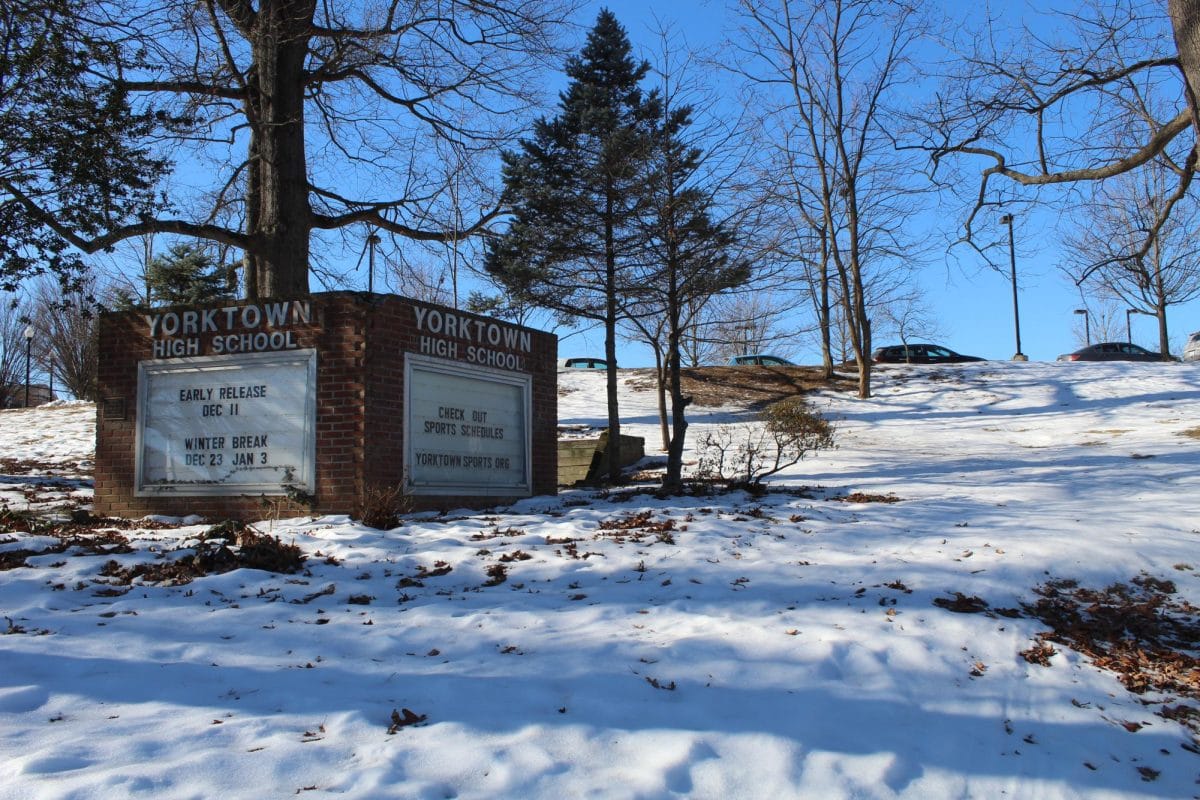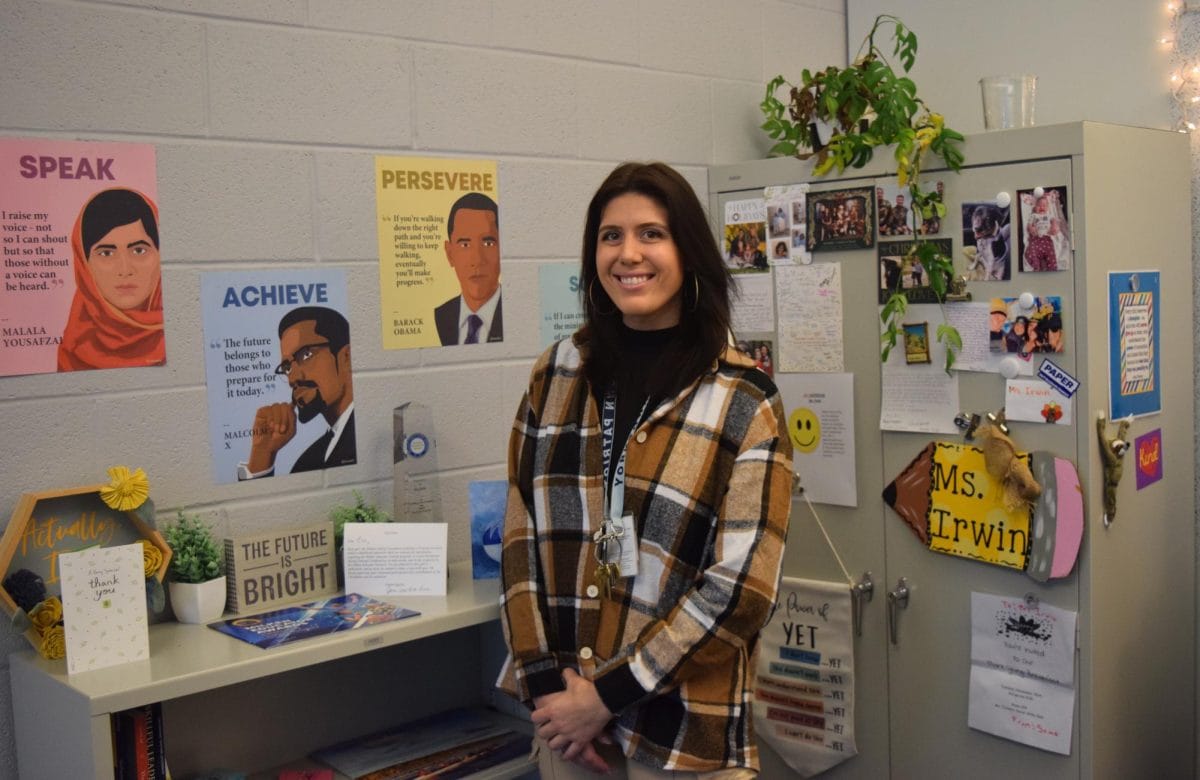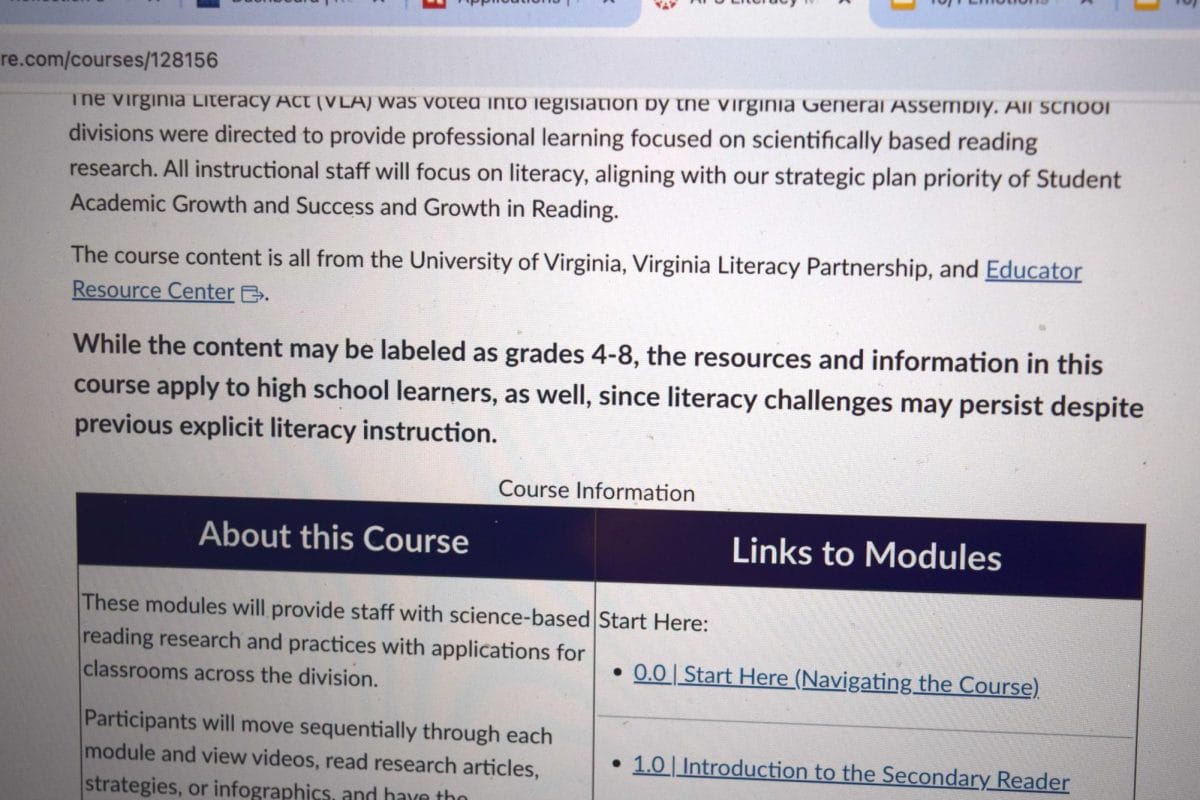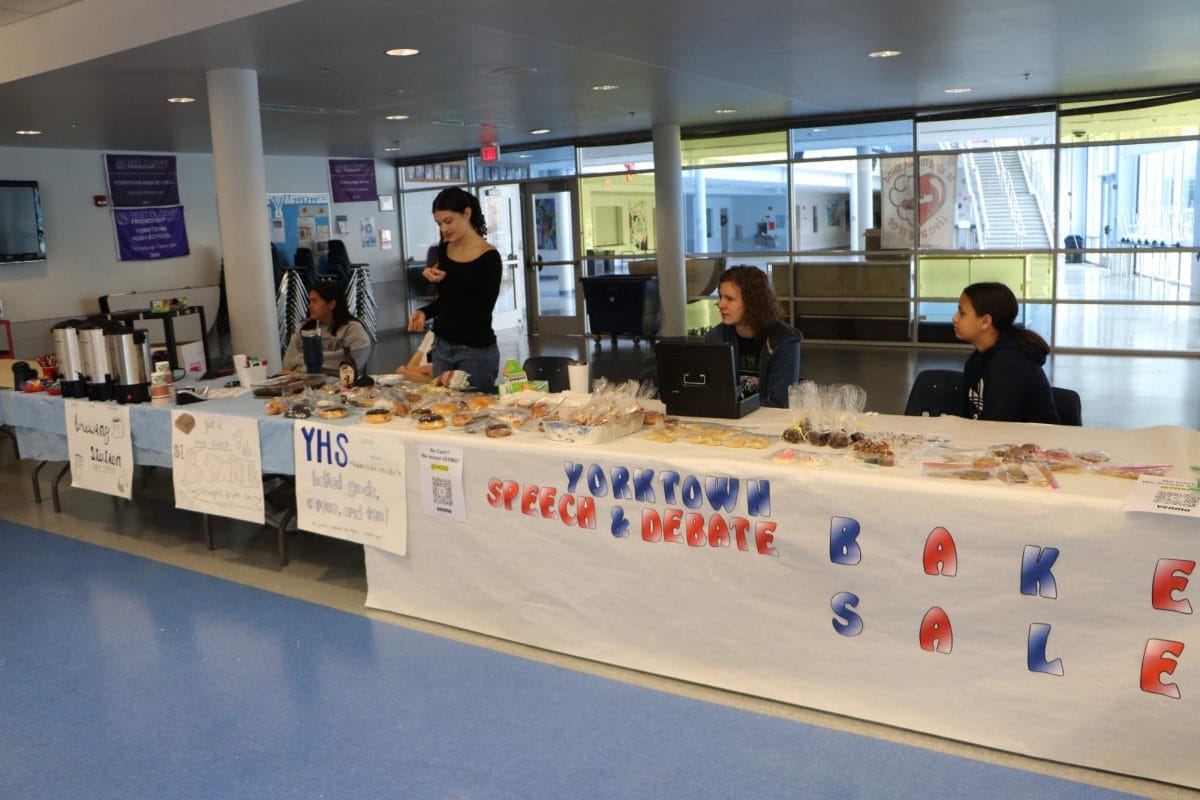For several weeks, AP Spanish classes have been learning about the history, culture and politics of Puerto Rico to prepare for a visit from the Resident Commissioner for Puerto Rico, Pedro Pierluisi. Pierluisi visited on November 19 to give a presentation on Puerto Rico, known as the “isla de encanto,” in Spanish. Pierluisi provided more information on Puerto Rico’s history, geography and people, in addition to explaining his position as Puerto Rico’s sole representative in Congress. Since he was young, Pierluisi has had a strong interest in politics and public service.
“My dad was the Secretary of Housing of Puerto Rico, so I saw what he did and I loved it. When I got the opportunity to become Puerto Rico’s Attorney General, I jumped at it. When I got the opportunity to run for this office I didn’t hesitate, because I knew that I liked serving the people, and as a lawyer, this job would allow me to use my advocating skills on behalf of my people,” said Pierluisi.
The next step for Pierluisi will be running for the highest political position in Puerto Rico: governor.
“It’s the natural step for me to make and I will be doing it so that Puerto Rico grows again and we get equal rights as we should as American citizens,” said Pierluisi.
The most rewarding aspect of Pierluisi’s job is the fact that he represents the interests of all Puerto Ricans in Congress.
“I’m always promoting Puerto Rico, educating American citizens in the mainland about Puerto Rico, informing my fellow members of Congress about Puerto Rico and advocating for Puerto Rico so we get a fair deal and fair treatment in federal programs,” said Pierluisi.
Pierluisi is a strong supporter of statehood for Puerto Rico because of the financial and political benefits it will bring to not only Puerto Ricans, but also American citizens living on the mainland. If Puerto Rico is granted statehood, the island will receive critical funding from the federal government to deal with issues such as violence and illegal drug trafficking. In return, the United States government will gain financially from the new income taxes that will be collected from Puerto Ricans.
Although Pierluisi wants Puerto Rico to become a state, he does not want Puerto Ricans to lose touch with their heritage. He believes that it is important for Puerto Ricans to stay connected to their culture by maintaining close ties with family members living on the island, and staying up to date on Puerto Rican issues and current events. However, he recognizes that it is difficult for many Puerto Ricans to balance the new American culture with the native Puerto Rican culture while living so far away from the island.
“They stay in touch with Puerto Rican relatives and friends and they travel as much as they can back to Puerto Rico. They socialize with each other and have parties in which they share our food, our music,” said Pierluisi.
Senior Brandon Peck, a student in AP Spanish, attended Pierluisi’s presentation. Peck believes that it is important for students to learn about new languages and cultures in order to be able to function in an increasingly diverse and connected world. Peck also expressed that a region’s culture is what defines it and makes it different from other regions that might have the same language.
“Now that we have this immigration of Spanish speaking people, it’s important to be able to communicate….to learn the most you can about a nation, it’s important to learn the language and the culture,” said Peck.
Although he believes in the importance of accepting new cultures, Peck also confirmed the value of staying connected to one’s heritage and native culture.
“[Puerto Ricans] can maintain their culture by living with their families that have actually lived in Puerto Rico. Family is the most important connection someone has to their culture,” said Peck.
The primary message that Pierluisi wants students to understand is that the federal government and the American population need to support statehood for Puerto Rico because the island is an asset not only to the United States, but to the world.
“You have the shining star of the Caribbean within the U.S. and there are a lot of productive American citizens residing in this island that should be treated the same as their fellow citizens,” said Pierluisi.




































